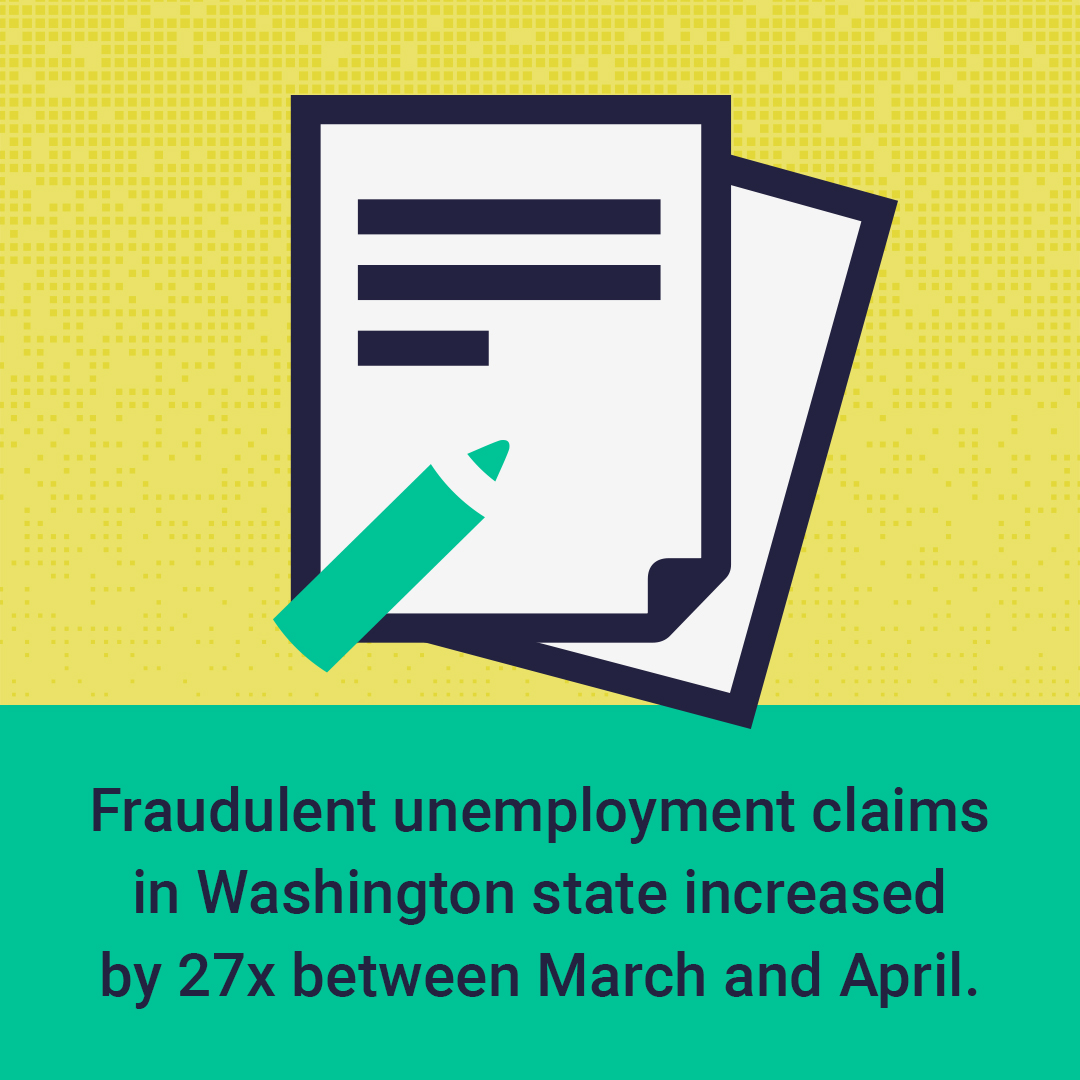Be on the Lookout for Unemployment Fraud

Our MyIDCare team is often the first to hear when new types of identity fraud appear, and the coronavirus pandemic has been no exception. In recent weeks, our team has responded to a flood of calls from members reporting fraudulent unemployment claims filed in their names. Federal law enforcement agencies report that unemployment fraud is exploding, fueled by the $600/week payments provided through the CARES Act and enabled by the millions of Social Security numbers for sale on the dark web. It’s bad enough that the stolen money isn’t stimulating our economy as intended. But, if the fraud isn’t caught, it also uses up unemployment benefits for people who may need them now or later. Here’s what you need to know to protect yourself.
First, you don’t have to be unemployed to be a victim of this crime. Scammers buy stolen identities complete with Social Security numbers on the dark web, then use the identities to file unemployment claims. They have the money directed to U.S. bank accounts, then transfer it overseas. Fraudulent claims are being filed for people who are employed, and companies are seeing unemployment claims for people that haven’t worked there for years and who were never even hired. Some scammers are even luring unemployed people into paying for “help” filing their unemployment claims, then using the personal information provided by the victims to steal their unemployment benefits.
Our Care team is helping our members to fight this crime and recover their identities, but businesses and citizens are the front line of defense against this crime.
Here’s what you can do to protect yourself:
- Notify your employer immediately if you receive unsolicited paperwork from your state’s employment department.
- Some experts recommend that you open an account with your state’s employment department even if you are currently employed so that you are alerted immediately if there’s been a claim submitted by a third party without your knowledge or consent.
If you fall victim to unemployment fraud, it means that your personal information is already for sale on the dark web and criminals may be misusing it in other ways.
Here are additional actions we recommend to prevent additional problems:
- Place a fraud alert on your credit file with the major credit bureaus.
- Place verbal passwords on your financial accounts. (Most financial institutions allow you to establish a verbal password that lets you call and make changes to the accounts over the phone. This is a good preventative measure when you know that scammers have your personal information.)
- Be on the lookout for other signs of identity fraud: fraudulent charges on your credit cards, unauthorized transactions on other accounts, signs of income tax fraud, etc.
- If you don’t already have an identity protection plan such as IDX Identity, consider getting one. Comprehensive monitoring will help alert you if someone is misusing your identity, and our recovery experts will set things right when problems arise.
With all the worries that the coronavirus has caused, it is criminal (in every sense of the word!) that bad actors are taking advantage of the situation to steal from people who actually need help from unemployment funds. But catching people off balance is a standard tactic of scammers. The pandemic just gives them a head start. Our job, to help defend ourselves and our economy, is to stay alert and act swiftly to stop crimes in progress.
About IDX
We're your proven partner in digital privacy protection with our evolving suite of privacy and identity products.